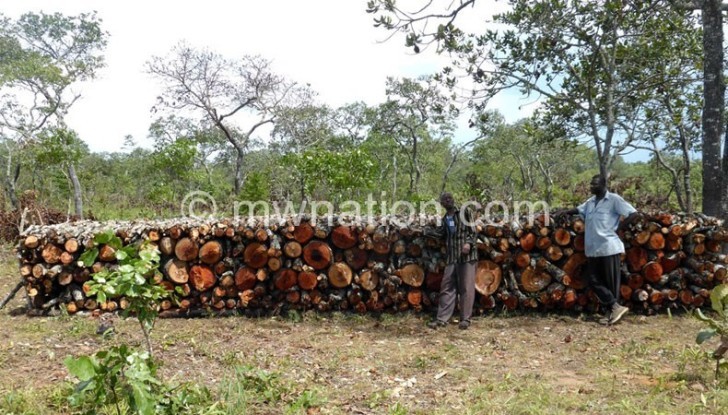Malawi losing billions to poor environment use
Malawi is losing over $190 million (about K106 billion) annually due to unsustainable use of its natural resources. This amount is more than the total funding allocated to the education and health sector budgets.
The revelation is contained in a document titled The Economic Valuation of Sustainable Natural Resource Use in Malawi which was launched, alongside four other documents, by Deputy Minister of Natural Resources, Energy and Environment, Verah Chilewani, in Lilongwe recently.

The other four documents are the Malawi State of the Environment and Outlook Report (SOER), Monitoring and Evaluation Framework for Environment and Natural Resources Management, Environmental Sustainability Criteria Framework and the Second National Communication on Climate Change.
During the launch, then Ministry of Finance’s development planning director Yona Kamphale said if Malawi managed the environment well, it would reduce current poverty levels by 10 percent.
“There is compelling evidence that unsustainable natural resource management is leading to increased poverty levels in Malawi,” said Kamphale.
He said, among other things, the largest costs result from the loss of agricultural productivity from soil degradation, unsustainable fishing and deforestation in catchments around main urban centres to supply firewood and charcoal.
“The current policy of banning charcoal production from protected areas has not only proved ineffective but also encouraged illicit charcoal production, corruption and deprived the government of tax revenue,” said Kamphale.
An environmental expert, Sosten Chiotha, said in an interview the report has come at the right time.
“It gives Malawi time to reflect on the future,” he said.
While Chilewani agreed, saying the report will enhance the value of natural resources in Malawi which are mostly seen as free goods and therefore, subjected to overexploitation.





